Article
The 3 worst microtransaction schemes in video game history
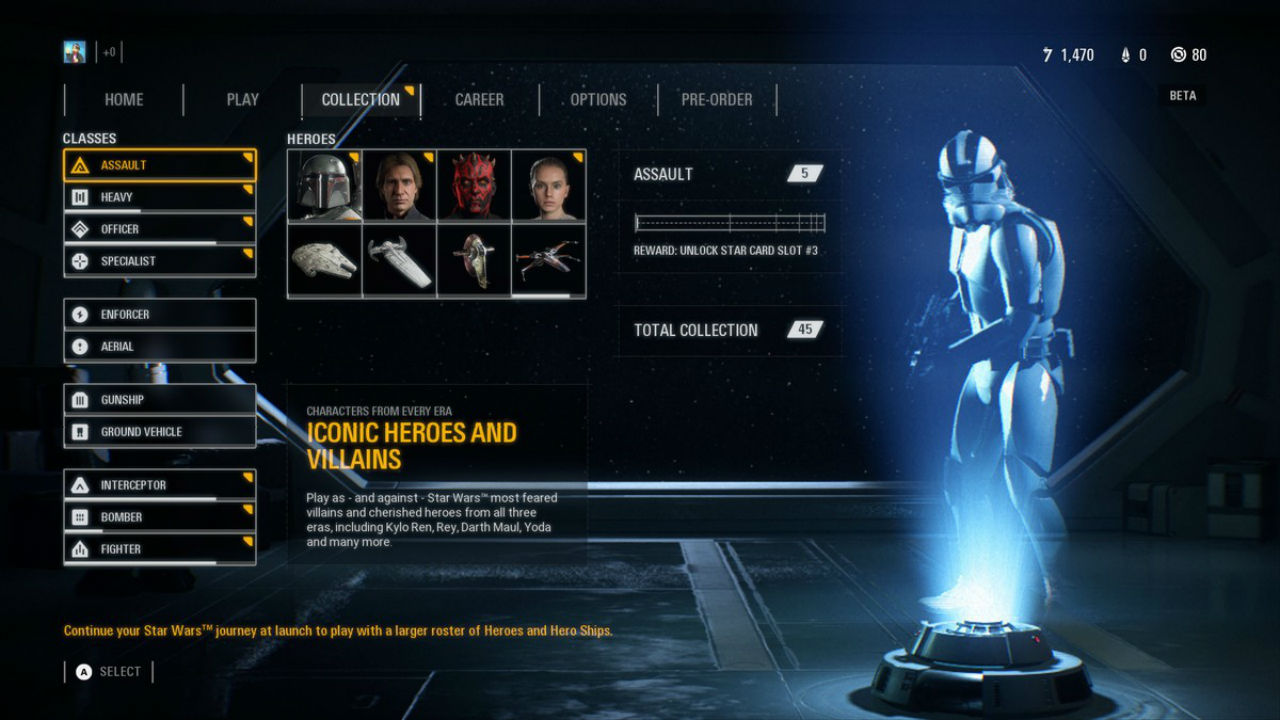
- October 23, 2018
- Updated: July 2, 2025 at 5:50 AM

For all of the internet outrage surrounding video games and its culture, perhaps the only thing that everyone agrees to hate is microtransactions. For those out of the loop, microtransactions are small purchases involving real money that give some sort of benefit or content in-game. These purchases often appear as “loot boxes” or some form of premium currency that is either impossible or incredibly inconvenient to earn in-game. Microtransactions have crept into every conceivable game genre and triple-A franchise. Their astronomical profitability makes publishers require that developers include them in their games.

While there are some big games that arguably do microtransactions right, such as Fortnite and Overwatch, publishers have continued to push the limit of gamers’ tolerance towards the prominence of in-game purchases. Here are some of the worst examples of microtransactions in gaming.
The worst microtransactions in video game history
A disturbance in the Force
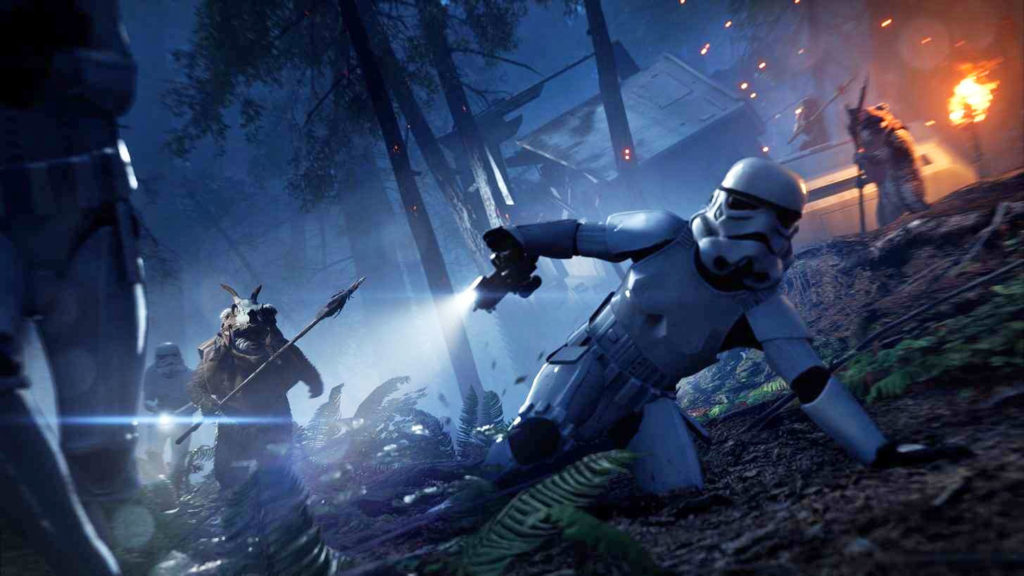
EA’s Star Wars Battlefront 2 is by far the most high-profile recent case of microtransactions ruining a game. Pre-release anticipation for the game was incredibly high, as the game included content from multiple eras of “Star Wars” movies and seemed to have more depth to its gameplay. This hype quickly died down after release as players quickly realized that progression in the game’s online multiplayer was tied to randomized loot boxes. Unlocking the ability to play as iconic characters like Darth Vader required either dozens of hours of tedious, loot box-based grinding or shelling out real life money.
Additionally, many of the game’s most powerful weapons and abilities were locked behind loot boxes, giving players who purchased them en masse an advantage. Understandably, players were furious, and one of EA’s responses to the controversy became the most downvoted comment in Reddit history.
Thankfully, EA eventually revamped the progression system and removed the ability to pay for game-altering content with real money. Instead, only cosmetic items can be purchased with real money, similar to Overwatch. Unfortunately for them and fans of the game, the damage was done. The reputation of the game and the number of active players were both hit hard by the controversy. Hopefully, EA has learned its lesson moving forward, as there is a great Star Wars game hidden beneath all of the greed.
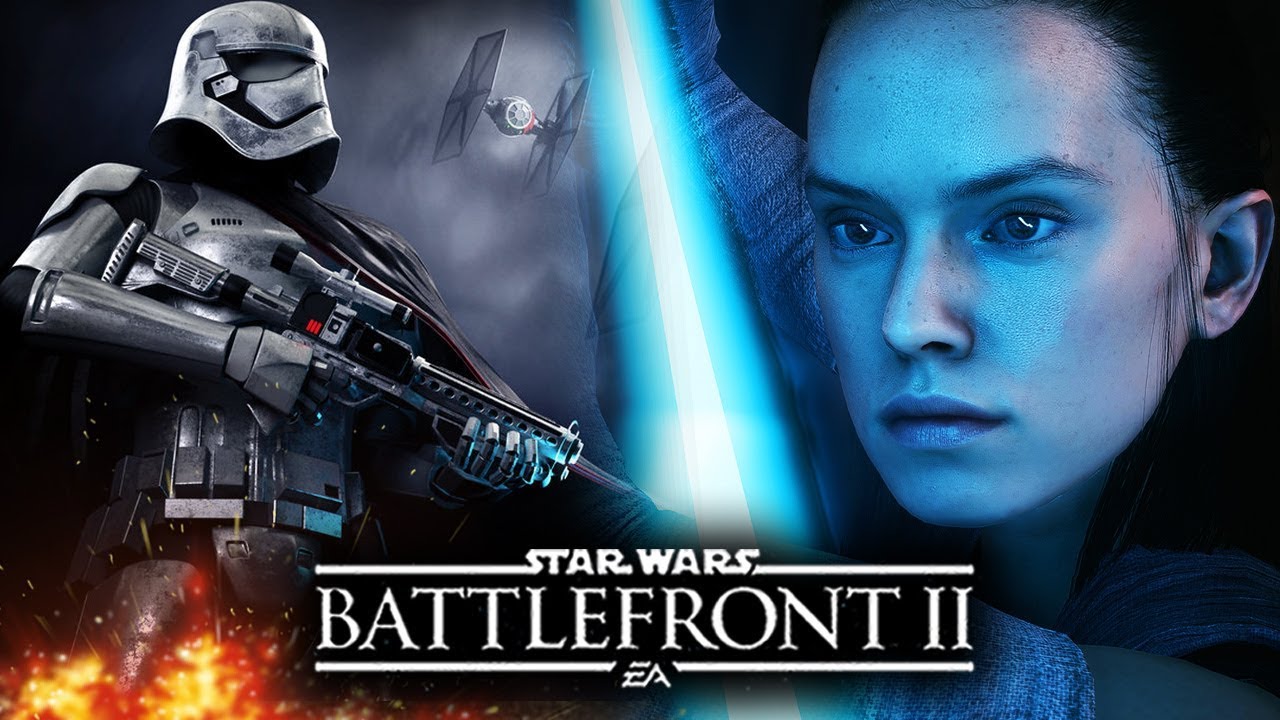
No more loot boxes for Battlefront II
Check out the new level up system ►Evolve succumbs to natural selection
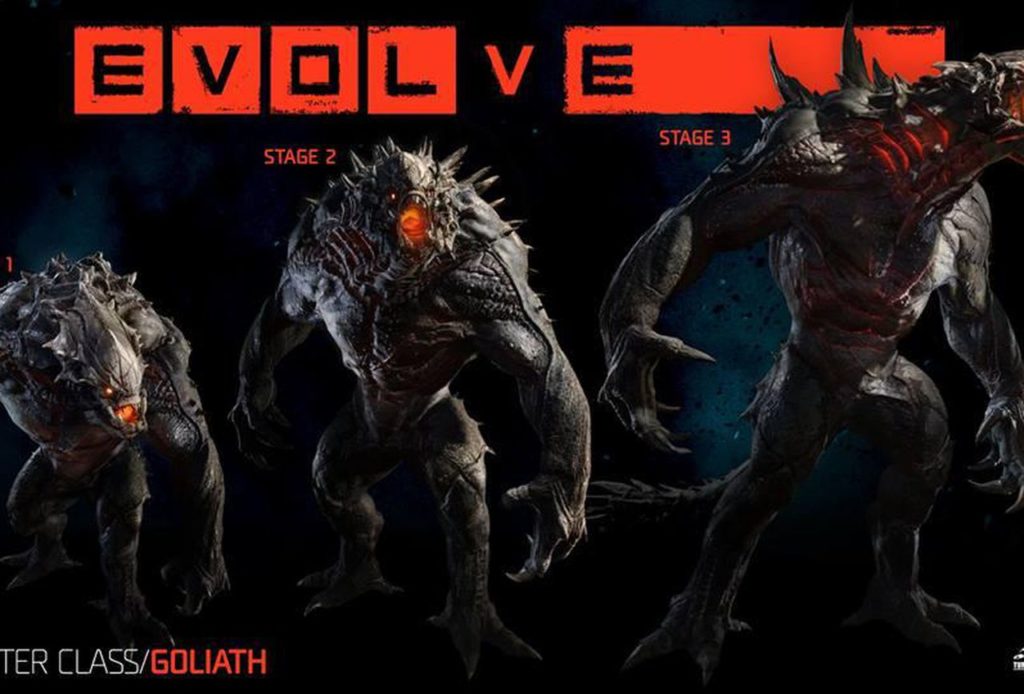
In case you haven’t heard of Evolve, it’s an asymmetrical multiplayer shooter in which 4 players are hunters fighting against a player who takes control of a monster that evolves throughout the match. It was made by Turtle Rock Studios, developer of the acclaimed multiplayer zombie shooter Left 4 Dead. Sounds like an awesome concept right?
Unfortunately, this awesome game concept was brought down by scores of microtransactions. Described by Forbes as a”$60 free-to-play game”, Evolve was filled with a confusing and money-sucking array of microtransactions, DLC, special editions, and season passes. Word of mouth quickly spread about the game’s egregious use of microtransactions, and the player base plummeted. To salvage the game, publisher 2K revamped the game as free-to-play in 2016. While this brought some players back for a while, the player base remained small, and the game’s dedicated servers were shut down in September 2018.
The failure of Evolve was incredibly disappointing to many gamers, as it was a brand new IP with creative game concepts. It just goes to show that a great game can be ruined by greed.
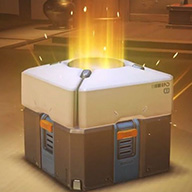
Belgium outlaws paid loot boxes
REad now ►Middle-earth: Shadow of War wanders, gets lost
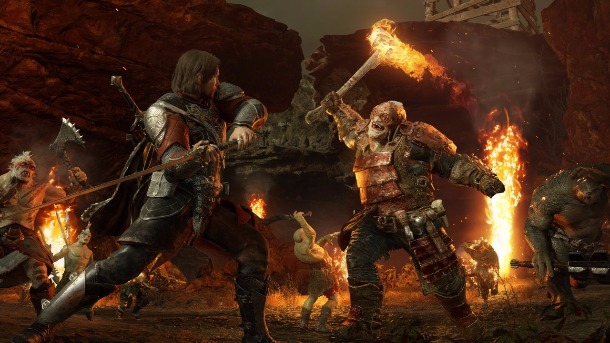
It should be noted that most games plagued by microtransactions are multiplayer based, as players are incentivized to either gain advantages over others or get exclusive cosmetics for real money. WB Interactive made the bold choice of including microtransactions in Middle-earth: Shadow of War, a primarily single player game. Now why in the world would you want to buy microtransactions in a single player game? WB purposefully made grinding for endgame content so tedious that many players would become frustrated enough to simply throw money at the screen. Including microtransactions and loot boxes in a single player game proves that game design is being created around squeezing money out of games rather than being creative or fun. Eventually, WB removed microtransactions and loot boxes from the game. However, they did this right around the time EA was being slammed for Battlefront 2, so it’s safe to say that they did this simply to gain some positive press.
How do you feel about microtransactions? What’re the worst examples you’ve seen? What’s the most you’ve spent on a game? Let us know!
Justin Cabrera is a tech content writer with Softonic.com. Prior to joining Softonic, Justin was a overcaffeinated radio DJ and know-it-all music critic with WPGU 107.1. His two favorite things in the world are video games and music culture.
Latest from Justin Cabrera
You may also like
 News
NewsThe U.S. spy satellites from SpaceX are sending wrong signals
Read more
 News
NewsRichard Linklater returns to Netflix with a film about what is considered the best director in the history of France
Read more
 News
NewsGoogle has just sued the Chinese hacker group that stole 1 billion dollars from millions of its users
Read more
 News
NewsThe movie of one of the most enigmatic characters of Spider-Man is coming to Disney+
Read more
 News
NewsThe CEO of Nexon defends the use of AI in ARC Raiders stating that "all companies are using AI right now"
Read more
 News
NewsAnakin Skywalker was going to be completely different from the way we know him
Read more